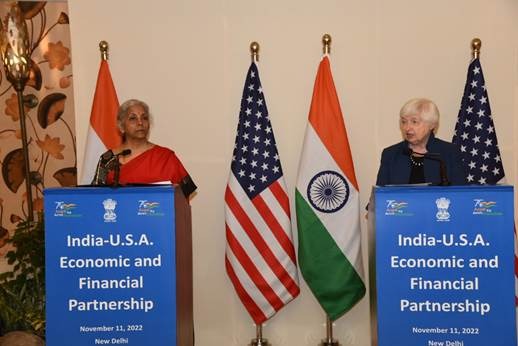 Image Source : Firstpost
Image Source : Firstpost
In a sweeping regulatory move, India has officially banned all forms of online money gaming, effectively dismantling a Rs 23,000 crore industry that had flourished over the past decade. The Promotion and Regulation of Online Gaming Bill, 2025, passed by both houses of Parliament and signed into law by President Droupadi Murmu on August 22, has outlawed games involving financial stakes—regardless of whether they are skill-based or chance-based.
Within hours of the bill’s enactment, leading platforms including Dream11, Mobile Premier League (MPL), Zupee, Gameskraft, and WinZO suspended all real-money operations. The shutdown has triggered mass layoffs, disrupted sponsorship deals, and left millions of users and thousands of employees in limbo.
Key Highlights From The Ban
- The new law bans all online games involving financial stakes, including fantasy sports, poker, rummy, and trivia contests
- Platforms must cease real-money operations immediately or face penalties of up to Rs 1 crore and imprisonment of up to three years
- Over Rs 20,000 crore in user losses were cited as a key reason for the crackdown
- The industry supported over 45 crore users and contributed Rs 200 billion in taxes annually
- Within 24 hours, major platforms halted deposits, disabled paid contests, and initiated user withdrawals
Industry Fallout And Immediate Impact
The ban has wiped out a thriving ecosystem that had attracted venture capital, celebrity endorsements, and mainstream sports sponsorships. Dream11, which sponsored the Indian Premier League and BCCI, has terminated its partnerships. MPL and Zupee have pivoted to free-to-play formats, while others are exploring international markets or shutting down entirely.
- Dream Sports has suspended all pay-to-play contests on Dream Picks and Dream Play
- MPL has stopped accepting deposits and will allow withdrawals until September 15
- Zupee has discontinued paid games but continues free titles like Ludo Supreme and Snakes & Ladders
- Gameskraft and Probo have paused operations and issued advisories to users
Social And Economic Drivers Behind The Legislation
The government cited rising addiction, financial distress, and criminal activity linked to online money gaming as the primary motivation for the ban. The legislation follows a series of tragic incidents, including suicides and family breakdowns attributed to gambling-related debt.
- In Karnataka alone, 32 suicides were linked to online gambling since 2023
- A high-profile case in Maharashtra involved a family suicide over gaming losses
- The bill aims to protect vulnerable users and guide the digital economy toward safer models
- A new regulatory authority will oversee esports and social gaming, excluding real-money formats
Legal Framework And Enforcement Measures
The law grants sweeping powers to enforcement agencies, including warrantless search and arrest for suspected violations. It also criminalizes advertising, promotion, and sponsorship of banned games, with penalties of up to Rs 50 lakh and two years in prison.
- Platforms must comply with immediate takedown orders and cease financial transactions
- User balances must be refunded within a stipulated window
- Hosting or facilitating banned games is now a cognizable offense under Indian law
What Lies Ahead: A Sector Redefined
The end of real-money gaming in India marks a dramatic pivot in digital entertainment policy. While free-to-play and esports formats remain legal, the collapse of the cash-based gaming sector has left a vacuum in revenue, employment, and innovation. Industry leaders are calling for dialogue and transitional support, while users and developers brace for a new era of regulation.
Sources: The Week, Hindustan Times, ET Legal World
Advertisement
Advertisement







